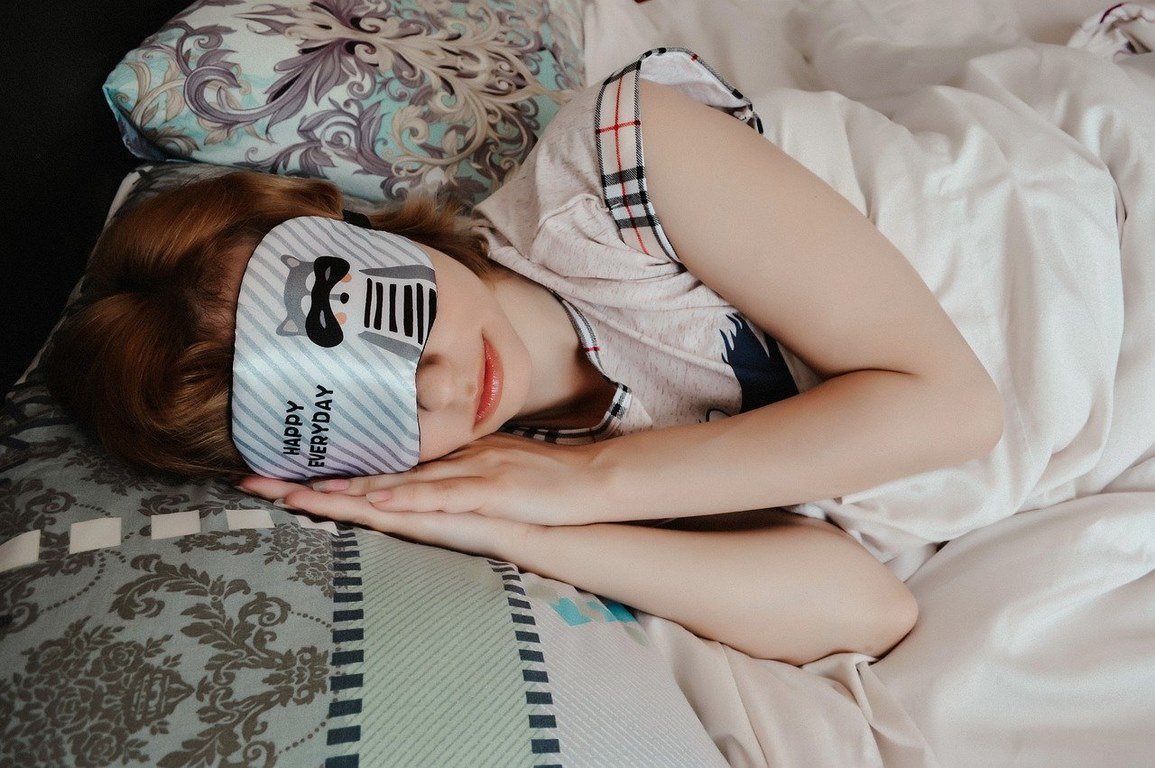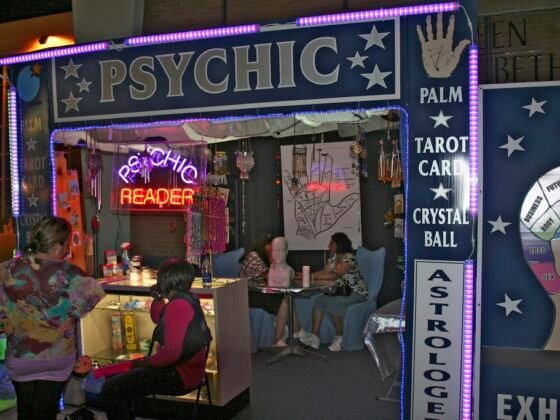Your activities during the day and the hours leading to your bedtime can impact your sleep quality.
Studies show they can contribute to sleeplessness or promote a healthier restful slumber.
What you eat, drink, any medications you are on, your schedule, moods, and how you spend your day and evening can influence your sleep quality.
Making minor adjustments to any of these things can make a lot of difference between having a restless night and falling sound asleep.
“Sleep Hygiene” is a term health specialists use when referring to healthy sleep practices and habits known to help a person fall and stay asleep.

They can help improve or promote better slumber for those having restless nights.
For instance, CBT (Cognitive Behavioral Therapy) is a long-term treatment for chronic insomnia, and sleep hygiene plays an essential role in CBT.
The therapy can help address behaviors and thoughts that prevent a person from sleeping.
CBT can include techniques that focus on relaxation, stress reduction, and proper sleep scheduling.
Consider the following healthy sleep habits if you face challenges with sleeping and wish to improve your slumber.
Also, it is wise to consult with your health practitioner about your sleep problem if the issue persists or visit AASM to speak to the sleep experts.
- Pick an ideal time for going to bed, one that ensures you sleep for at least 7-8 hours.
- Set a time when you should wake up, which will be a schedule you must honor even on the weekends and holidays.
- Avoid going to bed when you are restless or not feeling sleepy.
- Get out of bed if you find yourself still awake 20 minutes later. Find something quiet and soothing that you can do, preferably one that can do without a lot of lighting. That means nothing with digital screens.
- Consider creating a relaxing bedtime routine.
Read Also:
- Reserve your bed for two primary activities – sex and sleeping.
- Ensure your bedroom is a quiet and relaxing environment with a cool temperature.
- Invest in a comfortable mattress, read these helpful reviews about Sleep Number.
- Avoid bright lights in the evenings, especially in the last hour or so to your bedtime.
- If you must be behind an electronic device with a bright screen, do your best to turn it off at least half an hour before bed.
- Eat light before going to bed and do not go to be hungry. A healthy snack is preferable.
- Maintain a healthy diet and exercise regularly to stay fit and keep your body’s systems working optimally.
- Reduce your fluid intake hours before going to bed.
- Avoid caffeinated drinks in the afternoon or evening because they are stimulants that will keep your mind alert instead of helping you fall asleep. Also, avoid consuming alcohol.









